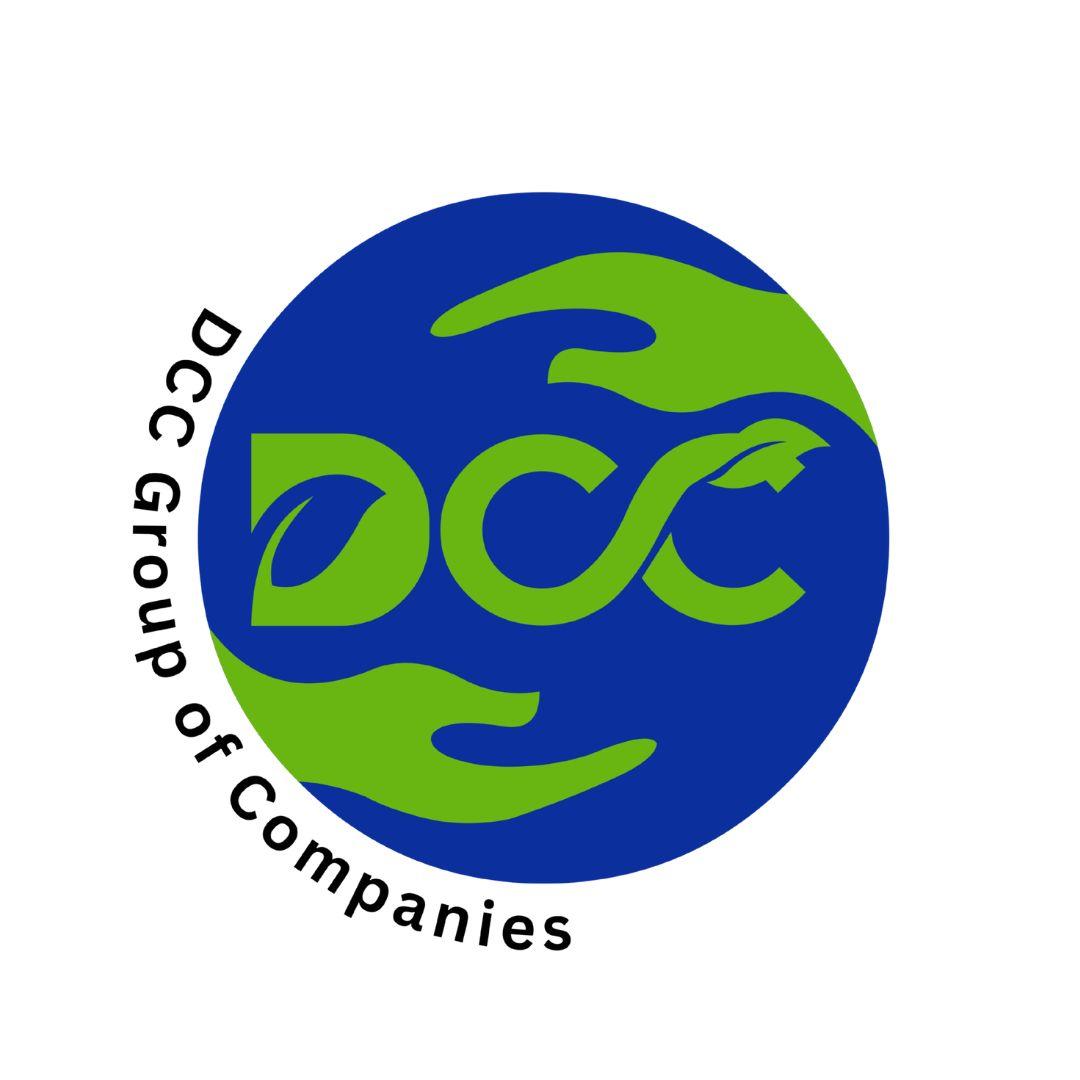Eco-Tech Surge: Decentralized Solid Waste Management Powers Sustainability - DCC Group

India, like many growing nations, is facing an ever-increasing challenge with solid waste management. Rapid urbanization, expanding populations, and changing consumption patterns have intensified the volume and complexity of municipal waste. In response to this mounting problem, an eco-tech surge is powering a revolutionary shift: Decentralized Solid Waste Management (DSWM). At the forefront of this transformation is DCC Group, a leading player in sustainable waste management solutions, offering cutting-edge technology and efficient infrastructure for waste sorting, processing, and recycling.
The Shift Towards Decentralized Waste Management Technology
Traditional centralized waste management systems have proven inadequate for many urban areas due to logistical issues, high transportation costs, and lack of real-time processing. This is where decentralized waste management technology steps in — enabling waste to be processed closer to the source. By breaking down the entire management system into smaller, localized units, waste is handled more efficiently, sustainably, and with far greater community involvement.
Decentralized solid waste management focuses on the principle of handling waste at or near its point of generation. These systems encourage citizens, local bodies, and organizations to participate in sorting, recycling, composting, and treating waste independently or at a neighborhood level. This not only reduces the burden on centralized facilities but also curbs greenhouse gas emissions associated with waste transportation and open dumping.
DCC Group’s Role in Enabling Decentralized Waste Solutions
DCC Group has pioneered decentralized waste processing units that utilize smart, automated machines and scalable solutions. From small municipal wards to residential complexes and institutions, the company designs decentralized units equipped with sorting lines, shredders, composters, and more.
A key component of DCC Group's decentralized solution is the Material Recovery Facility (MRF) — a setup that handles segregated waste, recovers valuable materials, and diverts recyclables from landfills. These facilities play a pivotal role in MRF in waste management by sorting dry waste like plastics, metals, paper, and cardboard, thereby ensuring that recyclables are efficiently processed and sold back into the production chain.
Benefits of Decentralized Solid Waste Management
1. Reduced Transportation and Emissions
By eliminating the need to transport waste over long distances, decentralized systems drastically cut fuel usage, reduce carbon emissions, and lower operational costs.
2. Improved Segregation at Source
DSWM encourages waste generators to take responsibility, ensuring better waste segregation into wet, dry, and hazardous categories. This enhances recycling rates and the effectiveness of treatment processes.
3. Community Empowerment and Employment
Local-level waste management empowers communities and creates jobs in waste handling, sorting, composting, and recycling. It supports the informal sector and integrates them into formal systems with dignity and safety.
4. Faster Response to Urban Challenges
Decentralized systems are more adaptive and responsive to the specific needs of individual wards or neighborhoods. Issues can be addressed in real-time without waiting for centralized directives or processing delays.
Decentralized Waste Management & the Role of MRFs
A Material Recovery Facility (MRF) is the heart of a decentralized system. These facilities are equipped with waste segregation machines, conveyors, air classifiers, ballistic separators, and manual sorting lines. They process large volumes of dry waste, extracting recyclables for reuse and sending residual waste for further treatment like RDF production or scientific disposal.
MRFs in waste management not only maximize the recovery of valuable materials but also reduce the pressure on landfills and incinerators. At DCC Group, MRFs are custom-built depending on the community size, waste composition, and desired recovery rate. Whether it’s a compact mobile unit or a medium-scale facility, each MRF is designed for energy efficiency and minimal environmental impact.
Integration with Smart Cities and Government Policies
India’s Swachh Bharat Abhiyan, Smart Cities Mission, and Solid Waste Management Rules, 2016 have emphasized decentralized models as key drivers of success. Urban local bodies (ULBs) are being encouraged to establish decentralized solid waste management units in their jurisdictions to ensure real-time waste treatment, compliance, and environmental safety.
DCC Group aligns with these missions by offering turnkey solutions that include consultation, design, setup, and maintenance of decentralized units. Their systems comply with Pollution Control Board standards and integrate smart monitoring tools for transparency and data-driven management.
Real-World Impact and Future Outlook
Across India, DCC Group has set up decentralized units in cities and towns that now serve as models for urban waste handling. These systems have transformed previously mismanaged waste into valuable resources, improved public hygiene, and educated communities about responsible consumption and disposal.
Looking ahead, the future of waste management lies in local empowerment, scalable solutions, and continuous innovation. With climate change concerns and environmental degradation on the rise, decentralized waste management technology offers a resilient pathway to sustainability.
DCC Group continues to invest in research, automation, and circular economy solutions to ensure that every community — regardless of its size — can become a part of India’s zero-waste journey.
Conclusion
Decentralized solid waste management is not just a trend but a necessary transition for sustainable urban living. It enables cities to become cleaner, more resource-efficient, and environmentally conscious. With the growing relevance of material recovery facility, MRFs in waste management, and tech-enabled local processing units, DCC Group stands as a driving force in India’s eco-tech surge.
As cities evolve, DCC Group remains committed to building resilient infrastructure and community-based solutions — ensuring that sustainable waste management is not a distant goal but a daily reality.
- Art
- Causes
- Crafts
- Dance
- Drinks
- Film
- Fitness
- Food
- Oyunlar
- Gardening
- Health
- Home
- Literature
- Music
- Networking
- Other
- Party
- Religion
- Shopping
- Sports
- Theater
- Wellness



